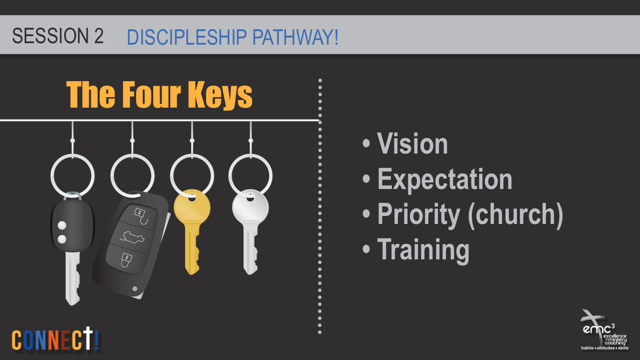April 28, 2013
By Phil Maynard
“We are not meant to remain as children…but we are meant to speak the truth in love, and to grow up in every way in Christ, the head.” (Ephesians 4:14, JB Phillips)
There is a deep-seated expectation in the contemporary church that it is the responsibility of the church, or more specifically the pastor, to provide for their spiritual growth. This, of course, is evidenced in a variety of ways. People connect with or leave a church based on the ability of the preacher to provide life-enhancing, thought-provoking, awe-inspiring messages all in under 20 minutes. Our Christian Education storage closets are filled with plug-and-play Bible studies by those that once were the brightest and best teachers from around the country.
And rare is the pastor who has not heard the quip “I’m just not getting fed here anymore” as some family is leaving the church for the new one up the street with a better band and hipper preacher.
Now, it may be true that the preacher simply can’t deliver what a person perceives is needed. Or that the newer and flashier Bible study CD’s are more relevant.
But it may also be the case that the problem is not with the preacher or the Christian Education department. It may be that the church has filled the wrong role.
Making mature disciples of Jesus Christ (my addition to the stated mission of the church, in italics) is less about continuing to feed someone and more about teaching someone to feed themselves.
Most of us would consider it shameful if a parent were to continue feeding a child when they moved beyond the point of needing our help. Yet, we give little thought to doing the same thing when it comes to a person’s spiritual nourishment.
Do a quick survey of the “discipleship” offerings of just about any congregation, large or small. Almost without exception you will find two things to be true. First, there will be a wide variety of “Bible Studies”, usually with a video presentation by some well-known author/speaker/pastor of a large congregation. Second, there will be a notable absence of any focus on teaching people how to encounter the scriptures for themselves.
To help people grow spiritually is to help people take responsibility for their own spiritual growth. The church can’t do this for them, any more than a doctor can make somebody healthy. The doctor can inform, prescribe, challenge and encourage, but ultimately a person has to follow through with what the doctor suggests to get healthier. We don’t lose weight because we go to the doctor’s office. We lose weight because we eat healthier and exercise more regularly between doctor visits. Likewise, a person doesn’t grow spiritually because they go to church or even attend a Bible study. They grow spiritually because of the choices they make the rest of the week.
So how can a congregation help people own their own spiritual health?
First, set the expectation!
The idea that each disciple has responsibility for their own faith development may be new to some. Talk about it in worship messages, build it into new member classes, be clear about the expectation in any communications around developing disciples.
Second, focus Christian Education around equipping, not feeding.
Rather than offering a wide variety of Bible studies, offer classes to equip people to study the Bible for themselves. You might offer for example an Introduction to the Bible class that introduces people to the Bible, a brief historical overview, and study tools. A follow-up course might be an introduction to Bible Study methods. An offering like Disciple I might be the only ‘Bible Study’ that is offered.
The same approach might be used for themes like prayer and other spiritual disciplines, peace-making, biblical principles of financial management, hospitality, and service.
Third, make it easy.
Provide readily available resources for personal devotional and Bible study (see Getting People into the Word).
Fourth, help people see clear next steps.
In the worship messages, provide clear steps for continuing to grow as a disciple. Challenge people to try a new method of studying the Bible or a new prayer model. Encourage people to move out of their comfort zone and engage a new service opportunity. Ask people to connect in some form of accountable relationship. Invite people to live differently because of what they are learning and experiencing.



Leave A Comment